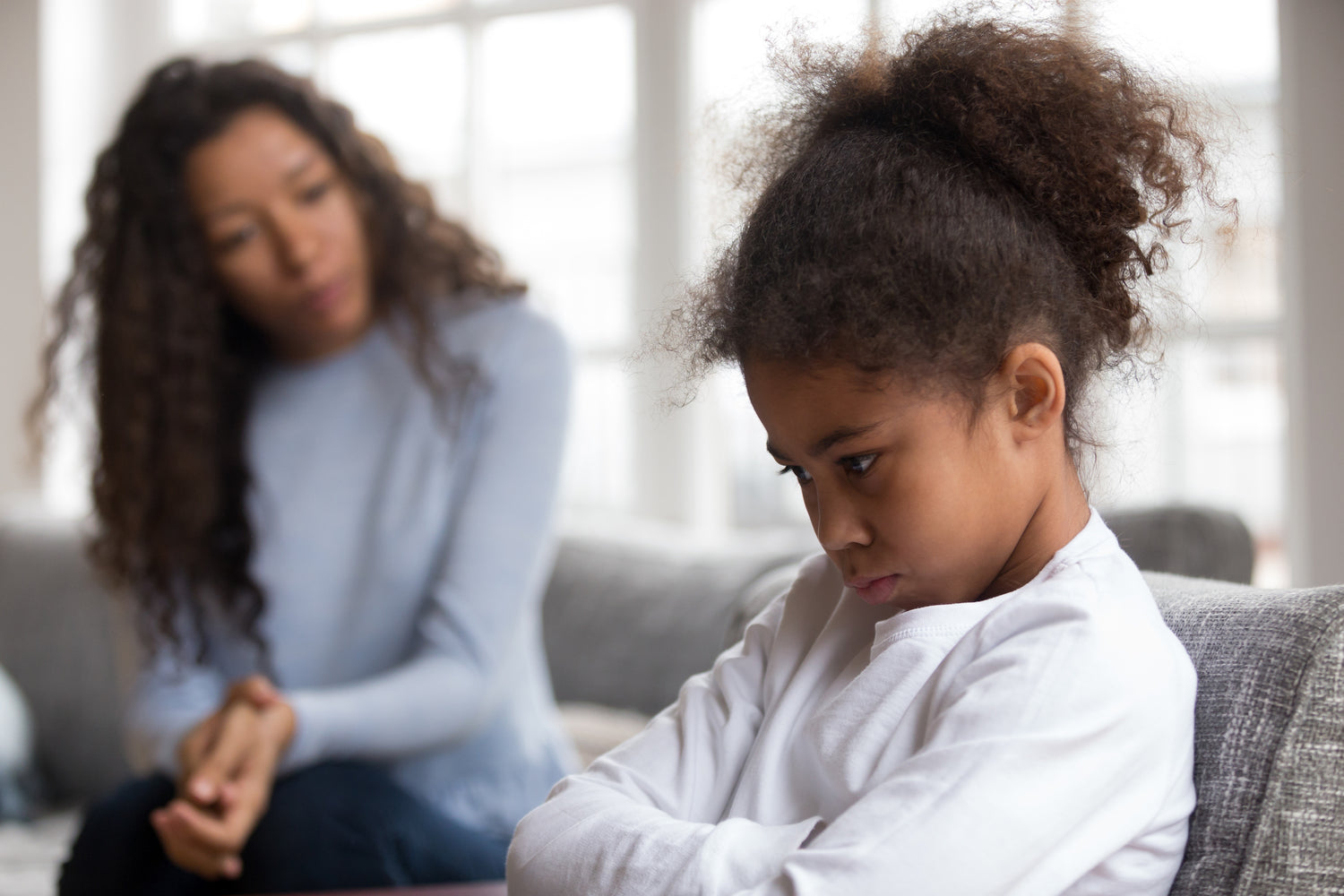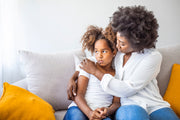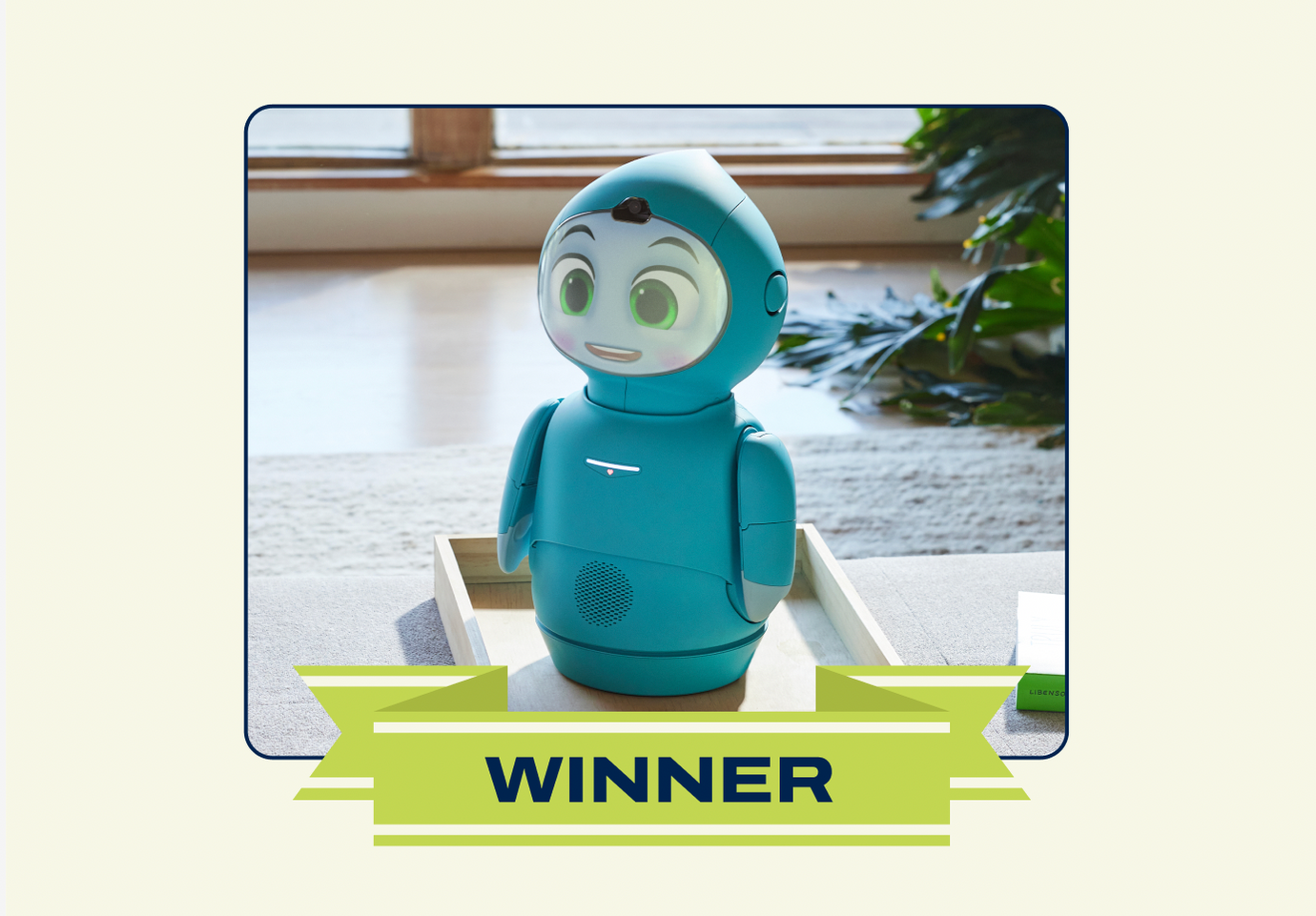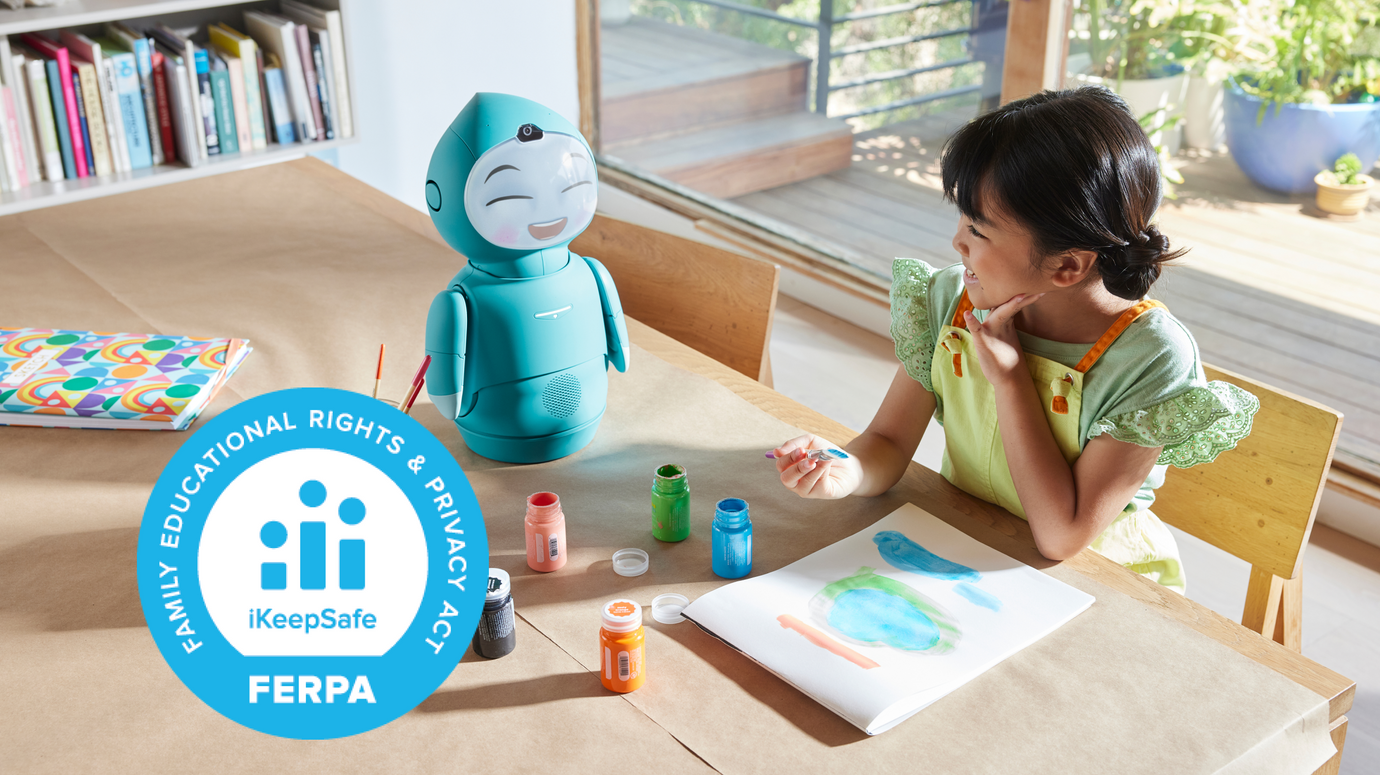Fixing Unkindness: Managing an Unkind Child's Behavior

Sugar and spice and everything nice. Kindness is all well and good, but what happens when our little angels aren’t so angelic? A push on the playground, a sing-songy taunt, or an in-your-face obvious snub at school during lunch. It hurts when another child is mean to yours. And when it’s your child doing the pushing, taunting, or snubbing? Here are some steps to take when we notice that it’s our child who’s being unkind.
(Hint: some of these tie in to what makes a successful kid vs those who struggle)
Managing unkind behavior, words, and acts for your child

Set the stage first of kindness to overcome mean child behaviors
Start out by making your family values and expectations clear. Are you committed to being a family that treats others kindly? Do you stress compassion and generosity in your household? Whatever it is, talk about it with your children, through discussion, books, describing behavior choices, observations of others – you can even make it your family motto. Make a point of teaching kindness and practice specific ways to be kind to yourself and others.
Teach your child self regulation to avoid unkindness
Even if you make your expectations clear, we all – including both you and your children – will make missteps. When it’s your child that does, your first step is to manage your own feelings about your child’s behavior. Your child isn’t perfect. They won’t always be the perfect embodiment of everything good you're trying to teach them. Take a deep breath and let go of any guilt. When your child makes a mistake, it does not mean that you’re a bad parent or that they are a bad child. In fact, what’s actually happening is that your child is demonstrating that they need you and this is your moment to shine! So do whatever you need to do to center yourself so you can show up and give the best of yourself.
Create privacy when reprimanding unkind child behavior
You’re about to draw your child’s attention to some less-than-stellar behavior choices. Just as most of us would prefer to not have something like that broadcast to everyone around us, your child would mostly likely feel safer and more at ease if you create a private space. If you’re in a public space, or even in front of siblings or other family members, take your child aside, talk quietly in their ear, do whatever it takes so you’re not making this process a public event.
Model kind behavior for your child to emulate
Remember the power of modeling? Here’s yet another perfect opportunity to showcase how to treat others with kindness. Even if your child has just said or done something mean, show them that they are still deserving of kind treatment. By doing so, you’ll demonstrate the exact behavior you want them to choose. But also, they’ll be more likely to be open to reflecting honestly on their behavior. And – bonus points! – you’ll be able to confirm the loving bond between you. So in other words, approaching them with kindness is a win win win.
State the facts of unkind actions by your child and let them know they are accountable
Start by simply and matter of factly stating what happened. If you observed the incident, objectively narrate what you saw. For example, “I saw that little boy asked to join your game near the slide and then I saw you push him and run away. ” Or you can ask your child to explain what happened with an open-ended question like, “Both you and that other girl look upset. Can you tell me about what happened?” You can follow up with questions like “how were you feeling when you did that?” and “how did the other person feel?”
Overcoming Meanness and Fixing Unkind child behavior

Emphasize your child’s goodness to inspire kind behavior
We all have negative emotions sometimes like jealousy, greed, or impatience. It's just human nature – and having those feelings doesn’t make your child bad. So don’t make them feel like they’re a horrible monster. Negative feelings will happen, but you can work on the behavior choices you make as a result of those feelings. Put the emphasis on those choices, and on figuring out different ways to deal with big negative feelings that don’t also make other people feel bad.
Understand where your child is coming from and why their mean behavior happened
If your child acts out and does something unkind, it’s quite likely that they’re not trying to be mean. Instead, they may be suffering from anxiety, self doubt, insecurity, overtiredness – or just really really hangry! Or maybe they’re in a situation that makes them feel uncomfortable and they just don’t have the tools to deal with it in an appropriate way. Once you’ve discovered the root of their behavior, help them problem solve and come up with better solutions.
Avoid shame, punishment, judgment, criticism when dealing with unkindness in your child
You notice your child being super critical of another child and you call your child out on it by criticizing them. Talk about mixed messaging! The “do as I say not as I do” philosophy most often fails in teaching lasting lessons to children. Another reason to avoid an aggressive or negativity-based approach is that when you resort to shame, judgment or criticism, your child is more likely to get defensive and/or simply shut down. Similarly, punishment may feel like it works on the surface, but under that your child is likely developing anger and resentment rather than an understanding of how to make better choices. As so nicely put in Psychology Today, it’s helpful to remember that “you can't make your kid be kind. Your job is to show your kid that you are on his side; that you will be a trusted helper who will guide him to think through his experiences in a non-judgmental way, so he can learn to make the best choices for himself.” Help support that journey by choosing compassion and understanding over shame and judgment.
Set and enforce boundaries to inspire kind child behavior
You’ve stated the facts without judgment, acknowledged your child’s experience, and avoided criticism. At this point it may start to feel that the advice is to simply allow your child’s unkind behavior. Not so!!! There’s an important distinction to make between treating your child with kindness, compassion, understanding versus allowing them to just do whatever they want. Approach with love, but it’s essential that you also draw a clear, firm line to show what’s acceptable behavior and what’s not acceptable. Though negative feelings may be okay and natural, not all behavior choices are. Make your boundary clear and follow through on enforcing the boundary when your child crosses it. For example, “I see you're feeling upset, but I can’t let you hurt others. We’re going to have to go do something else right now.” And then make sure that you direct your child elsewhere.
Help them problem solve and fix mistakes to avoid future unkind actions
So they made a mistake. We all do from time to time. Engage them in exploring what they can do to fix the damage. Would it be appropriate to apologize? Could they do or say something kind? Sometimes it’s not possible to go back to try to fix things. In that case, you can encourage them to use their imagination as they reflect on what happened. Why did they do or say what they did? How did it make the other person feel? How might the situation have ended differently had they made a different choice? Keep in mind that it’s more powerful if you stick to open-ended questions and let your child come up with the answers. Consider yourself their guide, not their commander.
Stop asking why kids are mean, and start inspiring kindness
Sooner or later, we will all be guilty of doing or saying something unkind. Children especially will experiment with different approaches as they are still learning how to navigate complex social situations. Have a little patience with them when they fail. Show them love and support, but stick to and enforce firm, reasonable boundaries.







